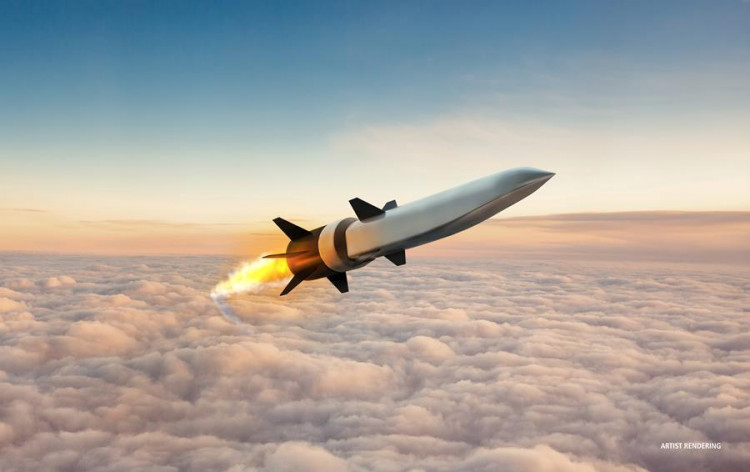Vice President Kamala Harris announced that the U.S. will no longer perform anti-satellite, or ASAT, missile tests - the process of using ground-based missiles to destroy satellites in orbit around Earth. Harris challenges other countries to make the same pledge and establish this policy as a new "norm of responsible space behavior."
"The long-lasting debris produced by these experiments today threatens satellites and other space objects vital to every nations' safety, economic, and scientific objectives, as well as putting personnel in orbit at risk," according to the Vice President's Office." These tests endanger the long-term viability of outer space and threaten all nations' exploration and use of space."
This announcement came five months ever since Russia tested ASAT in November. Russia's Cosmos-1408 satellite, a Soviet-era spacecraft that has been in orbit since the 1980s, was destroyed by one of the country's Nudol missiles launched from Earth.
The incident produced a large cloud of debris that included over 1,500 trackable particles as well as thousands of smaller bits that were not detectable. The satellite was destroyed in a rather close orbit to the International Space Station, leading the astronauts on board to take refuge within their spacecraft for the time being in case the debris harmed the station.
The U.S., NATO, and the European Union all condemned the test immediately. These types of tests, known as direct ascent ASAT tests, are widely despised due to their proclivity to generate hazardous debris.
ASAT test debris can spread for miles and often remain in orbit for months or even years, posing a threat to the space environment. Because ASAT debris is uncontrollable and travels at thousands of miles per hour, even a small fragment can damage or destroy a functioning satellite during a collision.
Despite the fact that the space community despises ASAT tests, no government has called for a ban in the more than 60 years that the technology has been tested. In light of Russia's actions, the U.S. is now taking that move.
Victoria Samson, a military space expert at the Secure World Foundation think tank, tells The Verge, "I think it's a tremendously powerful move." "The United States is the first country to make such a statement, and I'm hoping that other countries would follow suit - especially those who have tested anti-satellite missiles in space, but also those that haven't."






